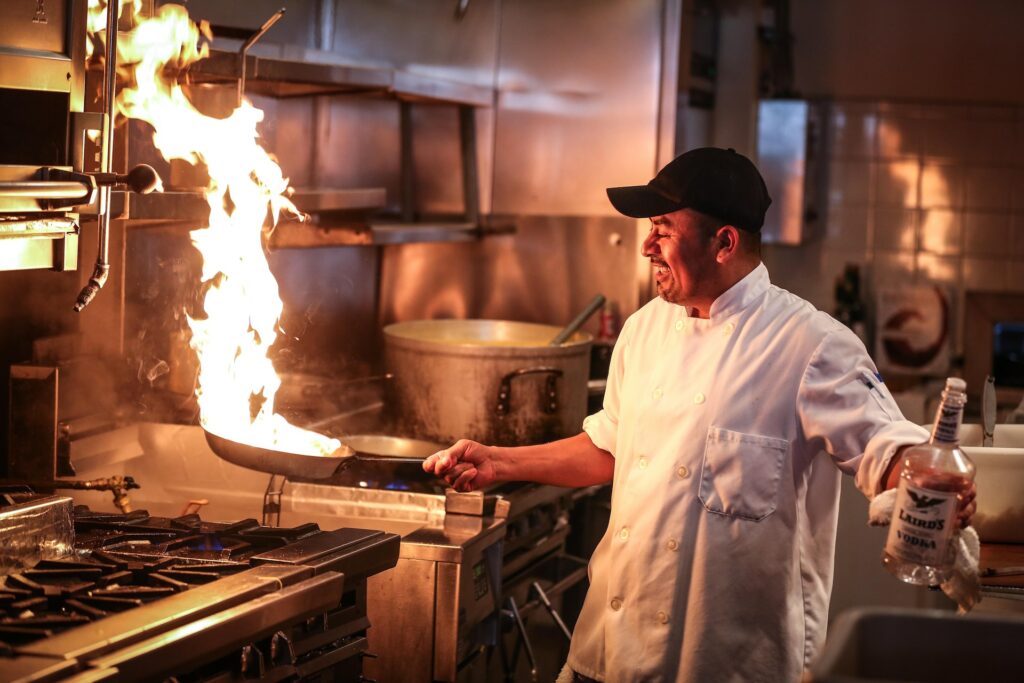In the culinary world, there is a vast array of professions. Among the most in-demand roles are personal and private chefs. While many use these terms interchangeably, their roles and compensations differ significantly.
This article aims to shed light on their earnings, what differentiates them, and which chef type is potentially more lucrative.
Dissecting Chef Professions: Who Earns More?
When comparing earnings between a personal chef and a private chef, it’s crucial to understand their job roles. While both may cater to individual households and provide bespoke culinary services, their modes of operation, employment terms, and compensation methods diverge significantly.

Understanding the Private Chef Role
Private chefs are on fixed employment contracts, drawing a consistent salary from their employer, typically a single client or household. Their commitment is often full-time, receiving payments as per an agreed-upon schedule.
However, the sole reliance on a singular client means a termination can leave them jobless. Their daily routines can be unpredictable. One day, they may cater to impromptu menu changes; on another, they might face unexpected breaks, as their employer may choose to travel or dine out.
Defining the Personal Chef Position
Contrarily, personal chefs operate more flexibly. Typically, they function as independent contractors, catering to multiple clients. Their day might start shopping for fresh produce and end by preparing several days’ worth of meals.
Payments are usually made per assignment, rather than based on hours spent. The advantage here is diversification; even if one client discontinues their services, they have others to maintain a steady income flow.
Private Chef Compensation Insights
Data indicates that private chefs have varied earnings:
- Zip Recruiter suggests an average of 70k, PayScale at 62k, and Glass Door at 48k per annum;
- Assuming a full-time workweek over 50 weeks, this translates to hourly rates of $35, $31, and $24 respectively.
This discussion, however, will steer clear of the nuances of overtime, client travel schedules, and the influence of expertise and geographical location on these figures.
Personal Chef’s Earning Scope
Personal chefs, according to nationwide surveys, charge anywhere from $200 to $500 for a standard weekly assignment, averaging around $333.
When spread across 50 weeks, this equates to annual earnings ranging from 50k to 125k, translating to hourly figures of $25 to $63. Yet, it’s essential to note that a chef’s working day might not be a standard 8-hour duration, potentially increasing the effective hourly rate.
Final Thoughts
Deciphering chef earnings requires understanding their distinct roles. Private chefs enjoy job stability but risk potential unemployment with client changes.
Personal chefs, however, have diversified sources, offering a cushion against client loss but may lack consistent work. It becomes evident that while both roles have their merits, personal chefs potentially have a broader earning scale, though with varied job security.
